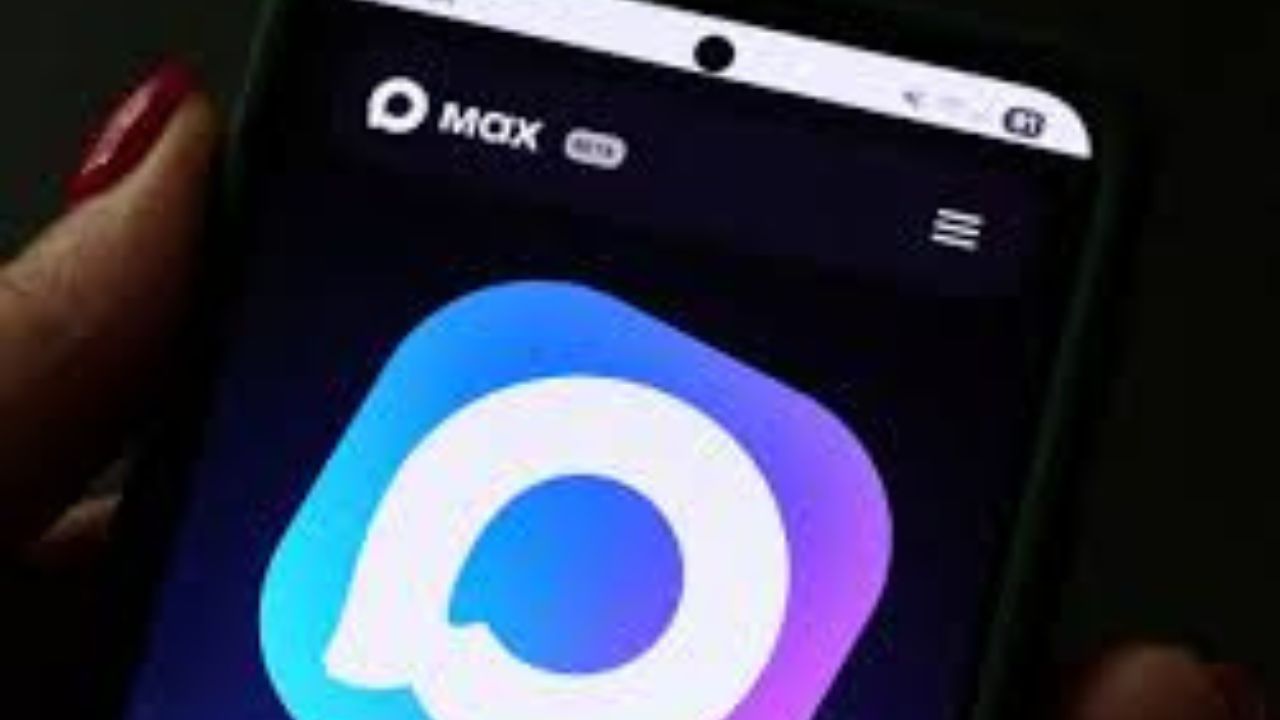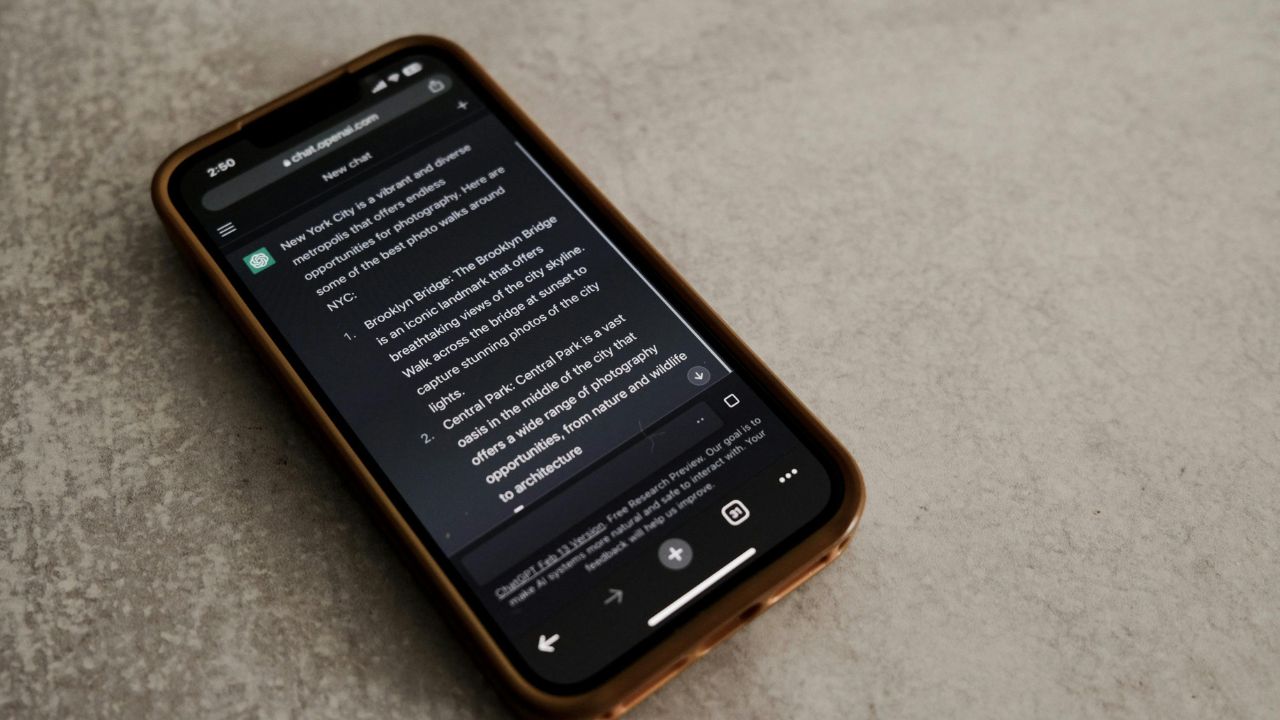google pixel 10 ai features magic cue and How many apps do you need to plan a work meeting or a dinner with friends? Chances are, you’ll have to switch between your texting app, an email app, a navigation app like Google Maps, and maybe a booking app like Resy or Opentable.
Google wants to reduce this back and forth with a new tool for its recently announced Pixel 10 smartphones.
which were unveiled on Wednesday and will launch on August 28. The feature, called Magic Cue, uses artificial intelligence to analyze what you’re doing on your smartphone and suggest your next action.
The concept isn’t exactly new, and the technology isn’t yet mature enough to handle demanding tasks. But it could pave the way for more radical changes to how smartphones work in the age of artificial intelligence — a goal shared by Apple and other smartphone makers. It could also give Google another way to differentiate its Pixel smartphones from the iPhone and Samsung’s Galaxy devices, both of which dominate the smartphone market in the United States and around the world.
“Smartphones often help us store information, but then we have to remember where to find a specific document, email, or meeting,” Tyler Kugler, Google’s product manager and lead of the Pixel AI team, said during a press conference ahead of Wednesday’s event. “And that whole process can be deceptively tedious.”
Magic Cue uses Google’s Gemini Nano AI model and Tensor G5, the chip in Google’s new smartphones, to process what a person is doing on their device in real time. It then offers suggestions, such as a button to call a restaurant during a text message requesting a dinner reservation. According to Google, the data processing happens locally on the device rather than being sent to the cloud. This is generally considered more private because the information doesn’t have to leave the device.
In a demo seen by CNN, a button labeled “Call United” appears directly below a text message, prompting the recipient to call the airline to change their flight. The goal is to speed up the process by eliminating the need to search for the correct phone number and switch to the Phone app. Google is also showing flight information in the Phone app during a call.
Google Pixel 10 Magic Cue in action.
Google Pixel 10 Magic Cue in action. Lisa Eadicicco/CNN
In another demo, Google showed the address of a restaurant as soon as a text message requesting a reservation was received. According to the company, Magic Cue will be suitable for specific uses, such as paying a restaurant bill, adding appointments to the calendar, and previewing the weather forecast for an upcoming trip. More features will be launched over time.
In addition to these examples, the technology will be integrated into Google’s Daily Hub, a part of the phone interface that shows things like upcoming calendar appointments and recommended playlists. Within the Daily Hub, Magic Cue will show information like reservations or reminders to return an online order.
Google hopes the feature will simplify smartphone navigation by preventing users from having to use multiple apps at once for a task. But there are also signs that people’s behavior is changing: According to a 2022 eMarketer report, smartphone owners in the United States are using fewer apps. At the same time, the total time they spend on smartphones has increased, suggesting that people’s screen time is being spent on a relatively small number of apps.
However, the tech giants are convinced of the need to make it easier to complete tasks without having to switch between apps. Google’s new feature is the latest example.
Apple’s Siri Suggestions can make recommendations based on your routines, such as suggesting who to add to a calendar invitation or an email based on past activity. According to the company’s demo, Google’s Magic Cue appears to go a step further than Apple’s functionality by analyzing phone content to make it easier to perform certain actions, such as calling an airline or a restaurant. Apple is expected to release a new version of Siri next year that can perform tasks for users within apps, after delaying a major update to its popular virtual assistant.




